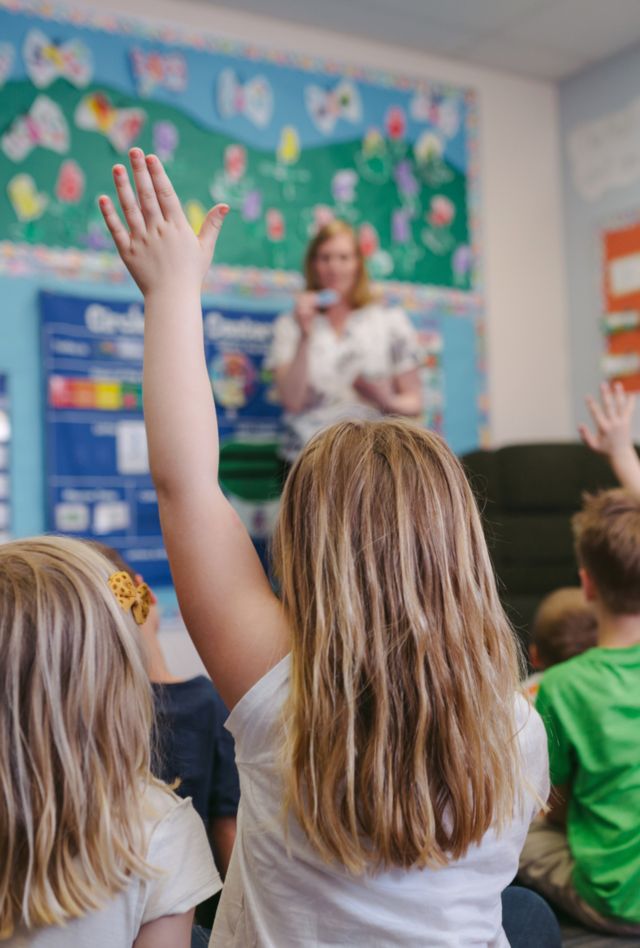Measuring Outcomes from Academically Oriented Kindergarten

Problem
Educators lacked evidence on how advanced academics affect kindergarteners socially and emotionally.
Against a backdrop of school accountability policies in which standards, assessments, and high-stakes consequences attached to test scores have elevated the importance of academic preparation and performance, the kindergarten classroom has become increasingly focused on academics. This growing emphasis has fostered concern that a heightened focus on academics is stressful for children and may negatively affect their social and emotional outcomes. Despite many publications issued by child advocacy groups regarding concerns that the move toward an academic kindergarten classroom undermines the development of the child as a whole, evidence is primarily anecdotal.
Solution
NORC used regression models on a major data set to gauge the impact of advanced kindergarten academics.
With funding from the National Institutes of Health, NORC at the University of Chicago examined data from the nationally representative Early Childhood Longitudinal Study of Kindergarteners in 2010 (ECLS-K: 2011) to explore the relationship between the teaching of advanced content and children’s social and emotional outcomes, as rated by their teachers.
The study, titled “How is an Academically Oriented Kindergarten Classroom Related to Children's Outcomes? (2015 - 2017),” had two main areas of inquiry:
- What is the relationship between children’s exposure to advanced content at kindergarten and their subsequent achievement and social and emotional outcomes?
- Do these relationships vary for children who enter kindergarten with low versus high academic skills? Are the patterns of relationships different for children who enter kindergarten with poor versus superior social/emotional scores?
Researchers developed regression models based on school fixed effects to examine relationships between advanced academic content and children’s academic and social and emotional outcomes. Within the study, advanced academic content has been defined as academic skills typically taught at a higher grade.
Result
The study found benefits in advanced academics—and no negative emotional effect.
Key findings of the study included:
- Advanced academic content was associated with higher math and language arts achievement. Exposure to advanced math content was associated with higher math test performance, even for children who started kindergarten with low academic or social and emotional skills.
- Exposure to advanced content in English was unrelated to social and emotional skills, while exposure to advanced content in math was positively related to approaches to learning, attentional focus, and interpersonal skills, and negatively related to externalizing behaviors.
- Significant associations between advanced content in math and social and emotional skills were more prevalent among children who started kindergarten with low readiness skills than among children who started kindergarten with high readiness skills.
These findings suggest that advanced academic content can be taught without compromising children’s social and emotional skills.








